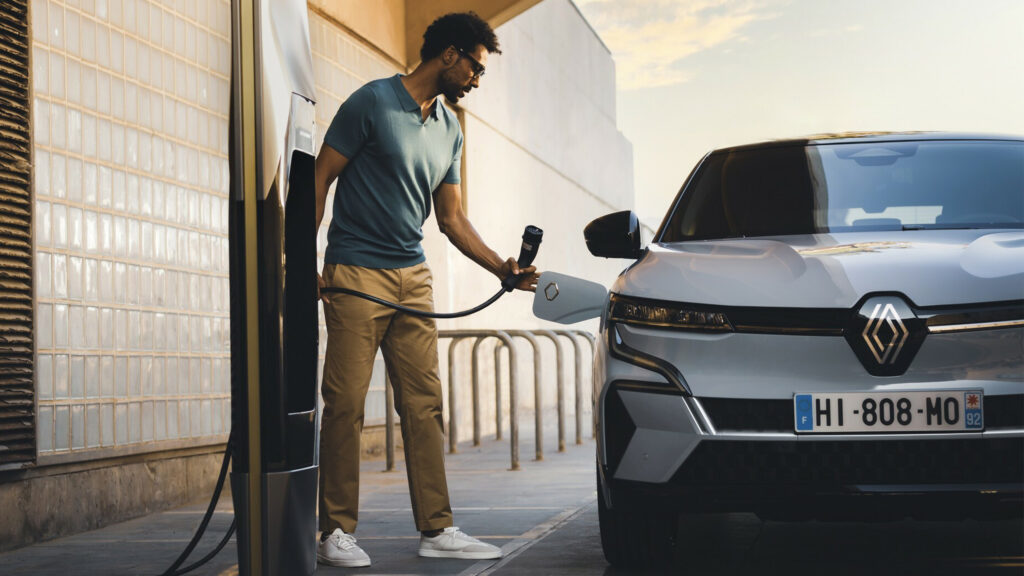- EV subsidies in Europe are being reduced, threatening growth in key electric car markets.
- The French government’s EV subsidy budget has been slashed from €1.5B to €1B
- Spain is considering cuts, while Germany has already reduced subsidies.
Electric vehicles may be gaining popularity worldwide, but the path to mass adoption remains challenging. In Europe, where EV incentives have historically fueled sales, several countries are planning to scale back or overhaul their subsidy programs in 2025, a shift that could hinder growth in one of the key markets for electrification.
France is leading the charge with some of the most significant changes. As part of its 2025 national budget, the government is slashing its EV subsidy program’s budget from €1.5 billion to €1 billion. Currently, French buyers can receive between €4,000 (around $4,200 at current exchange rates) and €7,000 ($7,300) in subsidies for EVs priced under €47,500 ($49,900). In 2025, those subsidies will be cut nearly in half, dropping to between €2,000 ($2,100) and €4,000 (~$4,200).
Leasing Scheme Changes Hit Low-Income Families
The country is also dialing back its innovative EV leasing program. This scheme, which allows low-income households to lease a small EV for €100 ($105) per month or a larger family electric car for €150 ($157) per month, proved so popular that it had to be paused just two months after launching due to overwhelming demand. In 2024, the program received €650 million ($682 million) in funding, but next year, the budget will be slashed to €300 million ($315 million), according to Rho Motion.
Read: EV Sales Drop 10.8% In EU As Buyers Flock To Hybrids
Meanwhile, Spain is making changes to its EV incentive scheme, which has had a €1.55 billion ($1.62 billion) budget. Buyers currently receive up to €7,000 ($7,300) for electric cars, €9,000 ($9,400) for commercial EVs, and additional subsidies for motorcycles and scooters. Starting next year, Spain will introduce direct payments for these incentives, meaning customers will no longer face delays of up to two years to access their subsidies. While this change will streamline the process, details on the program’s overall budget and scope remain under wraps.

Subsidy Cuts Already Hitting Germany Hard
The ripple effects of cutting EV incentives are already being felt. Germany, one of Europe’s largest EV markets, experienced a steep decline in sales after its government slashed subsidies in December 2023. EV sales in the country plummeted 69% in August compared to the previous year, following drops of 37% in July and 16% in June.
The same report from Rho Motion notes that battery electric vehicles (BEVs) are still, on average, 75% more expensive than their internal combustion engine (ICE) counterparts. Subsidies and tax incentives remain critical tools for driving EV adoption and making them accessible to more consumers.
As Europe scales back financial support for EVs, the industry may face an uphill battle to maintain its current momentum.




